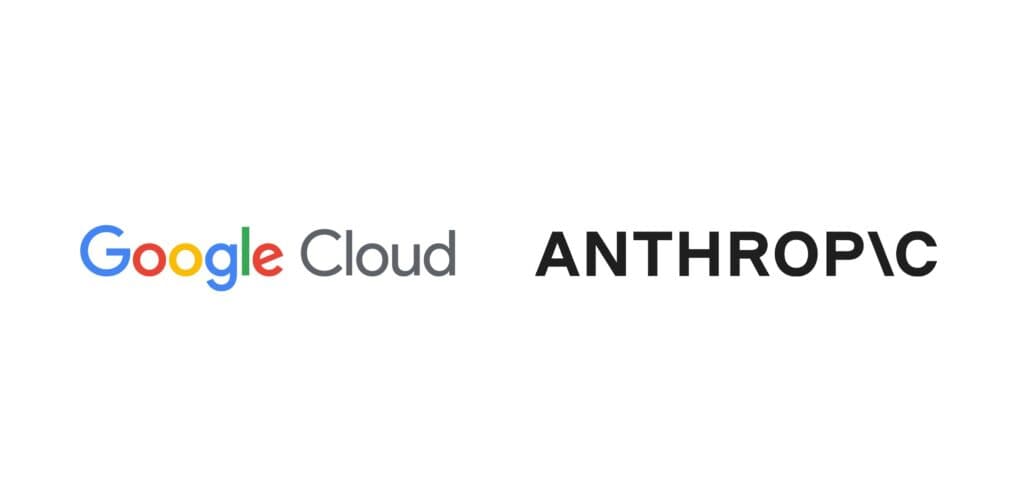AI Market Embraces Meritocracy as Performance Dictates User Preference

The rapidly evolving artificial intelligence landscape is increasingly defined by a meritocratic dynamic, where the quality and performance of AI models directly influence user loyalty and adoption. A recent social media post by user "Lisan al Gaib" succinctly captured this sentiment, stating, > "this is what i love about AI one day I can be simping for Anthropic, the other for Kimi, the next for OpenAI and now im simping for Google this is the ultimate meritocracy ship good models -> get my money." This perspective highlights the intense competition among leading AI developers.
Major players such as OpenAI, Google, and Anthropic are at the forefront of this innovation race, continuously releasing advanced large language models (LLMs) with enhanced capabilities. Anthropic recently launched its Claude 3 family, with the Opus model claiming to surpass OpenAI's GPT-4 and Google's Gemini Ultra in various benchmarks, intensifying the performance rivalry. Google, in turn, consistently updates its Gemini models, focusing on multimodal functionalities and broader product integration to maintain its competitive edge.
OpenAI continues to refine its GPT series, emphasizing improved instruction following and expanded context windows to offer more powerful tools for developers and users. Beyond these established giants, new challengers are rapidly emerging. Chinese startup Moonshot AI, creators of the Kimi Chat LLM, recently secured over $1 billion in funding, underscoring its growing influence. Kimi Chat has gained significant traction for its extended context window and strong performance in handling lengthy documents.
This fierce competition drives a continuous cycle of innovation, as companies strive to deliver superior performance, cost-effectiveness, and security. User adoption is heavily influenced by a model's raw power, its ability to deliver tangible business value, and seamless integration into existing workflows. The market's meritocratic nature ensures that models demonstrating clear advantages in these areas are likely to attract and retain a loyal user base, shaping the future trajectory of the AI industry.